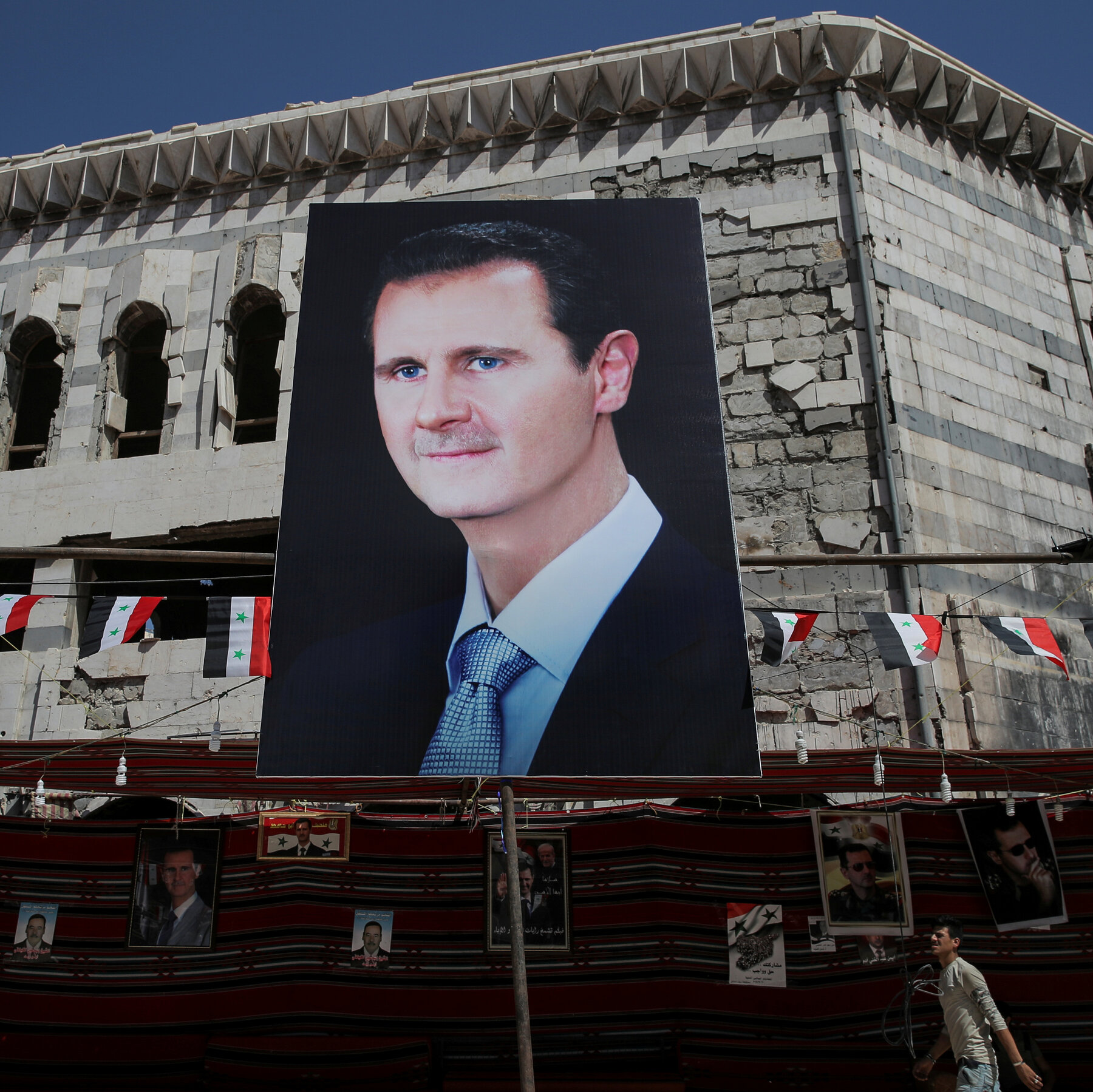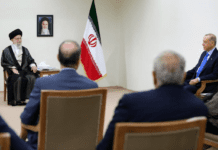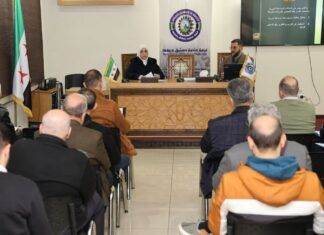
The French Court of Appeal has upheld arrest warrants against Bashar al-Assad and key members of his regime for complicity in crimes against humanity, specifically related to chemical weapons attacks. This decision, reached on Wednesday, marks the first time a foreign court has issued an arrest warrant against a sitting head of state, making it a historic ruling, according to the French news agency.
The court’s decision came after rejecting a request from the National Anti-Terrorism Prosecutor’s Office to cancel the warrants on the grounds of personal immunity typically afforded to sitting presidents. The prosecutor’s office had argued that such immunity should only be disregarded by international judicial bodies like the International Criminal Court, not by foreign national courts. An appeal to the Court of Cassation, France’s highest judicial authority, is expected in the coming days.
The arrest warrants target Bashar, his brother Maher, commander of the Fourth Division, Brigadier General Ghassan Abbas, director of Branch 450 of the Center for Syrian Studies and Scientific Research, and Major General Bassam al-Hassan, strategic affairs advisor and liaison officer between the presidential palace and the Center for Scientific Research.
Brigadier General Ghassan Abbas oversees Branch 450, which specializes in the storage, mixing, and loading of chemical munitions. Major General Bassam al-Hassan, a close associate of the late Qassem Soleimani, is responsible for coordinating chemical attacks and handling relations with Iranian forces and Hezbollah.
The warrants stem from a criminal complaint filed by French-Syrian victims, along with several human rights organizations, including the Syrian Center for Media and Freedom of Expression, the Syrian Archive, the Open Society Justice Initiative, and Civil Rights Defenders. The complaint details the regime’s involvement in the August 2013 chemical attacks on the Ghouta region.
The investigative judges involved cited firm indications that the conditions for lifting a head of state’s personal immunity could be met, thereby opening new avenues for prosecuting crimes against humanity. This decision underscores France’s commitment to holding the Assad regime accountable for its use of chemical weapons.
In a related development, Sweden has pledged the equivalent of 180,000 euros to support the Organization for the Prohibition of Chemical Weapons (OPCW) in its ongoing efforts to monitor and dismantle the Syrian regime’s chemical weapons arsenal. The donation, formalized on June 20 by Ambassador Fernando Arias, Director-General of the OPCW, and Ambassador Johannes Oljelund, Sweden’s Permanent Representative to the OPCW, aims to support the OPCW’s mission to establish the facts about chemical weapons use in Syria and ensure accountability.
“Our contribution aims to support the OPCW in uncovering the truth, and the Syria Trust Fund is an important tool to achieve this,” said Ambassador Oljelund. Ambassador Arias expressed gratitude for Sweden’s continuous financial and political support, emphasizing that this contribution would aid the organization’s sensitive work in Syria.
The OPCW’s efforts in Syria include a Statements Evaluation Team established in 2014 and a fact-finding mission initiated the same year to investigate chemical weapons use allegations. The Investigation and Identification Team, operational since 2019, continues to work on identifying those responsible for chemical attacks in Syria.








